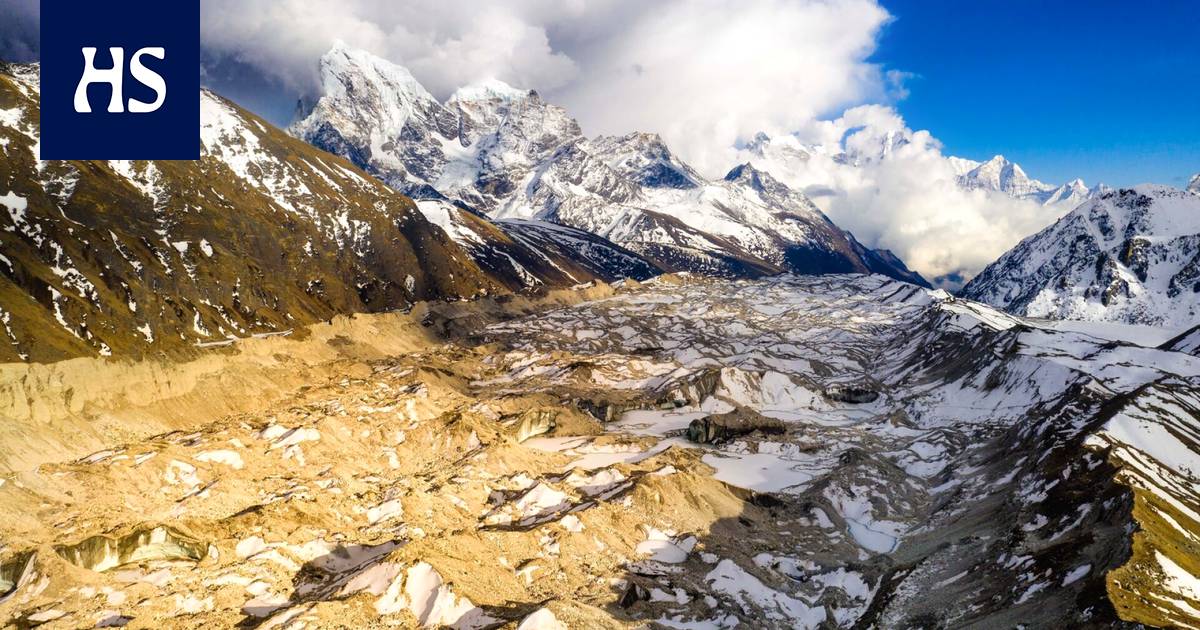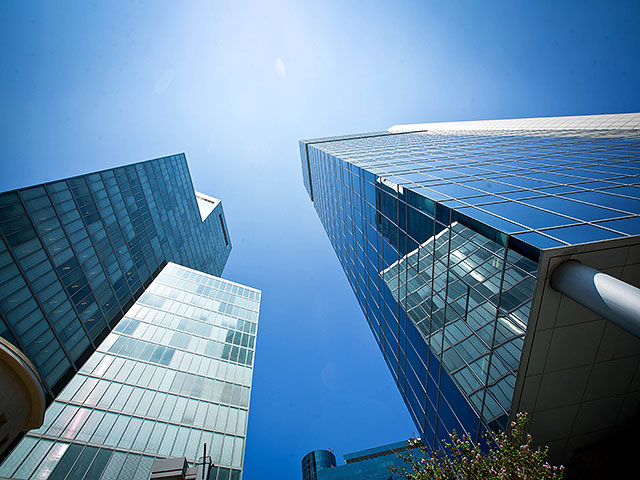
Melting Glaciers: The Pandemic and the Threat to Himalayan Highlands
The pandemic has brought to light the critical role that glaciers play in sustaining life on our planet. In particular, the Himalayan mountain glaciers are under threat due to restricted movement and carbon dioxide emissions. If carbon dioxide emissions continue unchecked, there is a risk of completely melting these glaciers in this century. Even if the climate warms below one and a half degrees, a third of the glaciers could still disappear, with melting continuing at some pace due to the long-lasting effects of carbon dioxide in the air.
The Himalayas and Tibetan highlands are crucial for preserving glaciers and the snow that feeds them, as they are the source of ten major rivers in Asia. The snow melting in the spring provides water for about half of the annual needs of four billion people. To combat this issue, reducing air pollution, particularly black carbon or soot, could slow down the rate of snow loss significantly.
Recent research by Indian, German, and British scientists published in the Atmospheric Chemistry and Physics journal revealed that reducing soot levels to those observed during the pandemic lockdown could have a positive effect on slowing down snow melting in the Himalayas by up to half. The cleanliness of the air during the pandemic lockdown in South Asia reduced transportation of soot over the Himalayas, leading to lighter and less heat-absorbent snow surfaces. The reduced soot buildup helped preserve snow cover during spring and slowed down melting rate.
Protection of snow cover is crucial for glacier preservation as it helps in slowing down melting process and formation of new ice. Therefore, measures need to be taken urgently to control carbon dioxide emissions and reduce air pollution levels before it’s too late for these vital ecosystems.
The study highlights how significant reductions in black carbon emissions can make a considerable difference when it comes to saving our planet’s precious natural resources. It is essential that we work together as a global community to implement policies that reduce greenhouse gas emissions while also protecting vulnerable ecosystems like those found in
